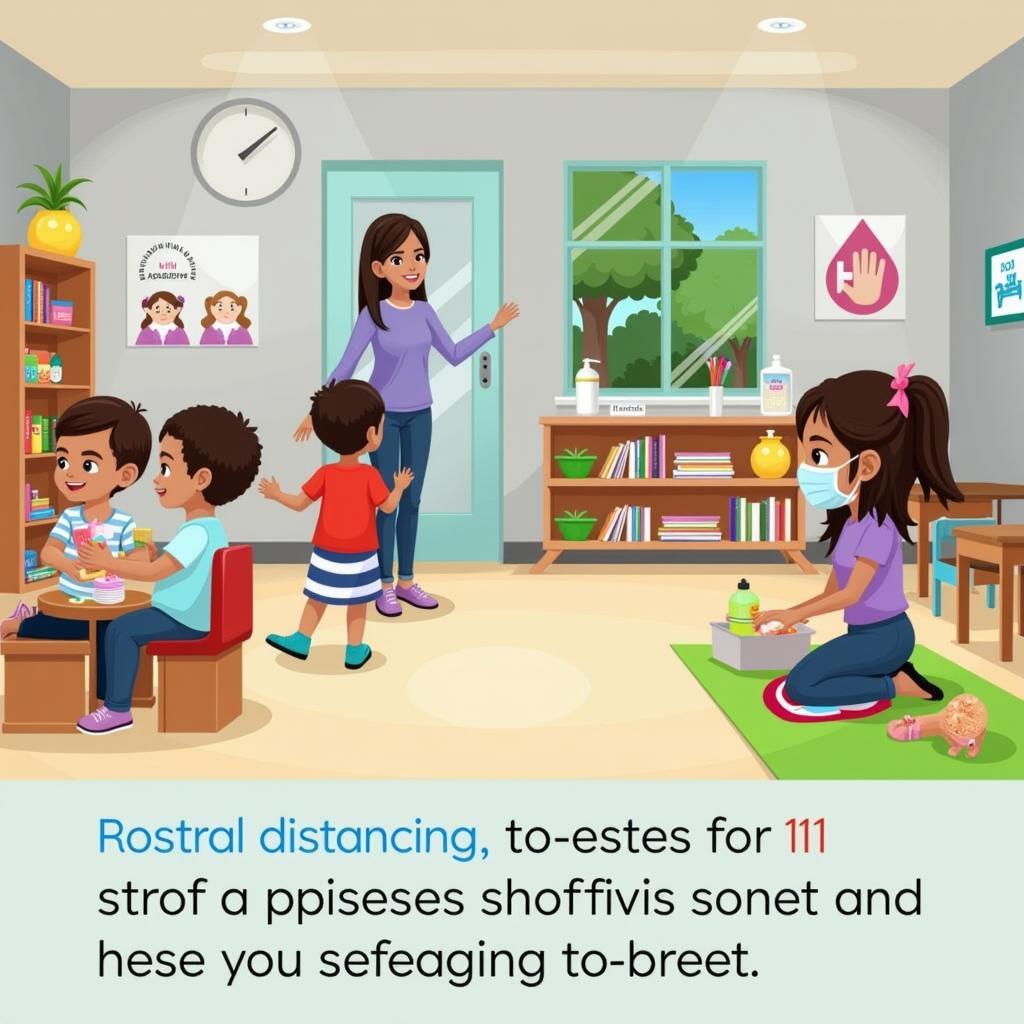Wiring a car for trailer lights can feel like navigating a maze of wires and connectors, often leading to frustration and headaches. Whether you’re a seasoned DIYer or a professional mechanic, problems can arise, leaving you scratching your head. This guide dives deep into common issues encountered when wiring a car for trailer lights, offering practical solutions and expert advice to get your trailer lights shining brightly.
Common Problems Wiring a Car for Trailer Lights
Wiring issues can stem from various sources, from faulty wiring harnesses to incorrect connections. Identifying the root cause is crucial for effective troubleshooting. Let’s explore some common culprits:
-
Bad Ground Connection: A poor ground connection is a frequent offender. This can prevent the flow of electricity, resulting in dim or non-functioning lights.
-
Blown Fuses: Check your vehicle’s fuse box for any blown fuses related to the trailer lighting circuit. A blown fuse indicates a short circuit or overload, which needs to be addressed.
-
Incorrect Wiring: Double-check your wiring connections, ensuring they match the correct color codes and terminals. One wrong connection can disrupt the entire system.
-
Faulty Trailer Wiring Harness: The trailer wiring harness itself can sometimes be the source of the problem. Inspect it for any signs of damage, such as cuts, fraying, or corrosion.
-
Compatibility Issues: Ensure your trailer wiring harness is compatible with your vehicle’s electrical system. Using an incompatible harness can lead to various problems, including blown fuses and damaged components.
Diagnosing and Fixing Problems Wiring a Car for Trailer Lights
Now that we’ve identified some common problems, let’s dive into how to diagnose and fix them. Remember safety first! Always disconnect the negative battery terminal before working on any electrical components.
-
Test the Ground Connection: Use a multimeter to check the continuity between the ground wire on the trailer connector and a clean, unpainted metal surface on the vehicle’s frame. If there’s no continuity, clean the ground connection point and ensure a tight connection.
-
Check the Fuses: Locate the fuse box for your vehicle and identify the fuse related to the trailer lights. Use a fuse tester or visually inspect the fuse for any signs of damage. Replace any blown fuses with the correct amperage rating.
-
Verify Wiring Connections: Carefully examine each wire connection on both the vehicle and trailer side. Ensure the wires are connected to the correct terminals and are securely fastened. Consult your vehicle and trailer wiring diagrams for guidance.
-
Inspect the Trailer Wiring Harness: Thoroughly inspect the trailer wiring harness for any signs of damage. If you find any cuts, fraying, or corrosion, repair or replace the harness as needed.
-
Confirm Compatibility: Double-check the compatibility of your trailer wiring harness with your vehicle. Refer to the manufacturer’s specifications to ensure they match.
Problems Wiring a Car for Trailer Lights: Expert Insights
“A common mistake people make is assuming the problem lies with the car’s wiring when it’s actually the trailer’s wiring that’s faulty,” says John Davis, a certified automotive electrician with over 20 years of experience. “Always check both sides of the connection before jumping to conclusions.”
“Another important tip is to use dielectric grease on all connections to prevent corrosion,” adds Maria Sanchez, an automotive engineer specializing in electrical systems. “This simple step can save you a lot of headaches down the road.”
Troubleshooting Trailer Light Wiring: Addressing Specific Issues
What if your left turn signal isn’t working but the right one is? Or perhaps your brake lights are functioning as running lights? These specific issues often indicate a crossed wire or a short circuit. Meticulously trace the wires and look for any points where they might be touching or damaged.
Conclusion
Wiring a car for trailer lights can be a challenging task, but with patience and the right knowledge, you can overcome any problems. By understanding the common issues and following the troubleshooting steps outlined in this guide, you’ll be well-equipped to get your trailer lights working properly. If you’re still experiencing problems, don’t hesitate to contact the experts at AutoTipPro at +1 (641) 206-8880 or visit our office at 500 N St Mary’s St, San Antonio, TX 78205, United States. We’re here to help you navigate the maze of Problems Wiring A Car For Trailer Lights.






Leave a Reply